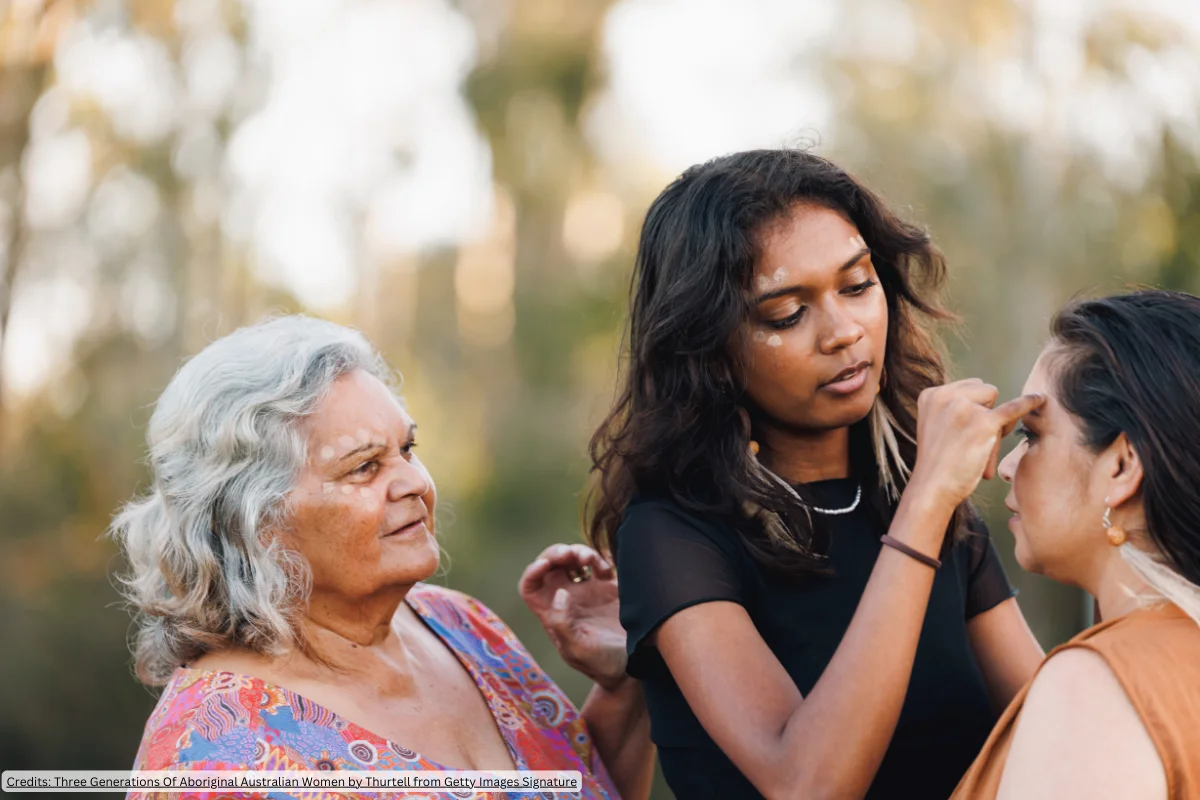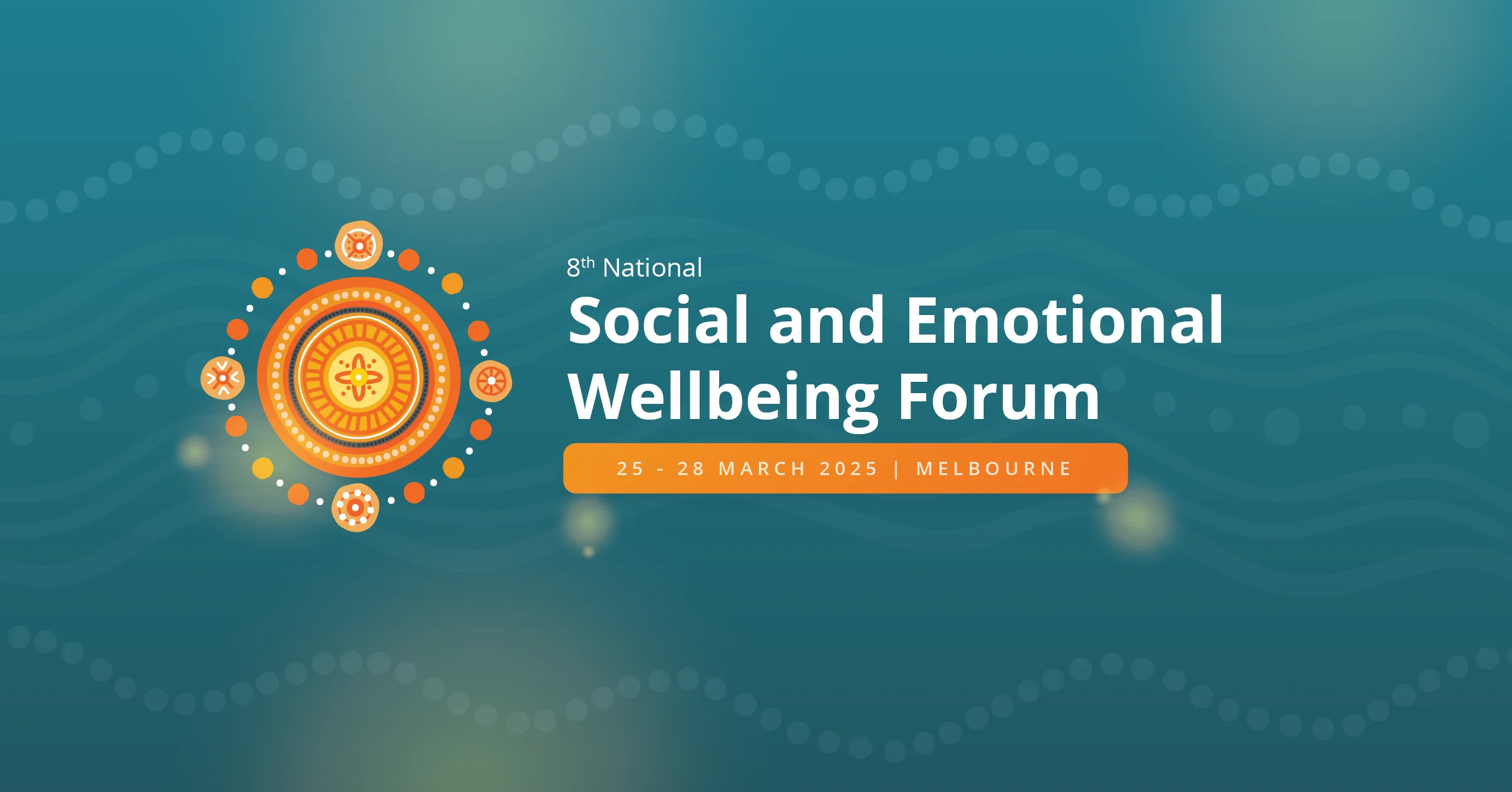Childhood Dementia Initiative (CDI), a newly–launched not-for-profit organisation has released a burden of disease and white paper report detailing how dementia, a disease usually associated with old age, has been found fatal to children across the world including Australia.
According to the report, an estimated 700,000 children and young people living with dementia worldwide, with many young lives being devastatingly shaped by progressive brain damage, social isolation, suffering and early mortality rates.
With the disease being largely unknown, CDI hopes to secure philanthropic funding in order to drive awareness, expedite research and advocate for systemic change in how research has been traditionally undertaken.
CDI is circulating these reports to uncover the shocking impacts of the disease and showcase the sneed to transform the way research and clinical care is currently delivered for childhood dementia disorders.
The Burden of Disease report also reveals that every year, 129 children in Australia are born with a condition that can potentially lead to Childhood Dementia. In 2021, it is estimated that there will be 2,273 Australians living with the disease.
Despite the devastating nature of the disease and its collective incidence, prevalence and mortality rate comparable to cystic fibrosis, motor neuron disease and childhood cancer respectively, childhood dementia has received little recognition of coordinated action towards solutions.
The economic cost of childhood dementia
In the same report, CDI also shows that the estimated economic cost of the disease is substantial; $40.4 million to the Australian healthcare system, $39.7 million in indirect costs, $233.5 million in costs of life years lost and $75.0 million costs to the National Disability Insurance Scheme (NDIS) in an average year.
Dementia in childhood has long been recognised by the medical community, but the collective group of disorders that cause it have received little attention from the public, governments and research funders.
Established by CEO Megan Donnell, CDI is the first organisation of its kind, with a vision to end childhood dementia through awareness, fundraising and significant research.
As previous CEO of the Sanfilippo Foundation and seven years of professional and lived experience in the space, Donnell identified key gaps in the research and has since dedicated her career to driving the representation of childhood dementia on a global scale.
“With less than five percent of all identified conditions that lead to childhood dementia having a treatment, it is time to transform the way we approach the disease. Children are dying, we need to act fast,” she said.












